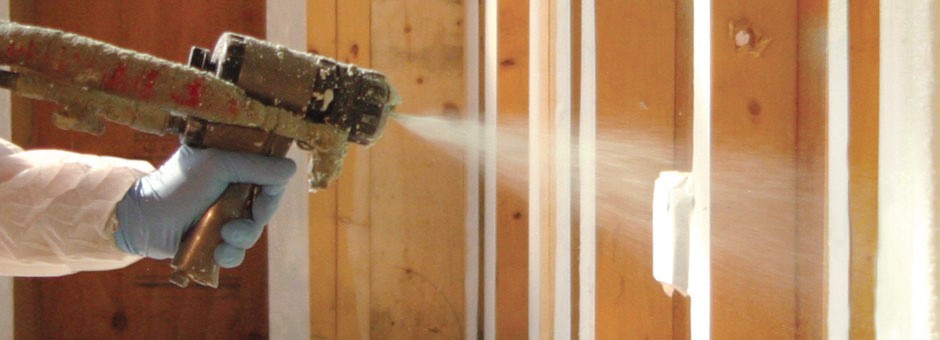Why Should You Insulate Basement Walls Before Waterproofing
Insulate Basement Walls Before Waterproofing
Basement insulation and waterproofing are essential steps to ensure your home remains energy-efficient, durable, and protected against moisture-related issues. While both processes are necessary, insulating basement walls before waterproofing offers significant advantages that can save time, money, and effort in the long run.
If you’re insulating a basement in Ontario, it’s critical to understand why this sequence matters. Here are the practical reasons and key benefits to help you make an informed decision.
Protection Against Moisture Damage
Moisture is a persistent threat to basements. Condensation can occur when warm air comes into contact with cold surfaces, like uninsulated basement walls. Installing insulation first creates a thermal barrier that reduces the likelihood of condensation forming on the walls. Without insulation, even the most robust waterproofing solutions may struggle to manage moisture effectively.
Once insulation minimizes temperature fluctuations, waterproofing materials are better equipped to seal and protect the structure from external water intrusion. This sequential approach ensures your basement remains dry and functional, even in areas prone to heavy rainfall or high humidity, like Ontario.
Enhanced Energy Efficiency
Poorly insulated basement walls contribute to heat loss, leading to higher energy bills during the winter. In Ontario, where cold weather dominates for much of the year, this can become a costly problem. Insulating the walls first prevents heat from escaping, allowing waterproofing materials to work without being compromised by fluctuating wall temperatures.
When insulation is installed before waterproofing, it also ensures that thermal performance isn’t sacrificed during the waterproofing process. The combined effect results in a basement that is both energy-efficient and watertight.
Improved Indoor Comfort
Insulating a basement in Ontario contributes significantly to overall indoor comfort. Without insulation, basements often feel cold, drafty, and unusable. Addressing insulation first ensures the space becomes more temperature-controlled and inviting, regardless of the season.
When waterproofing is added afterward, it further enhances the comfort level by keeping the area dry and free from leaks. Together, these measures transform the basement from an overlooked storage zone into a valuable extension of your home.
Better Integration with Finished Basements
If you plan to finish your basement, insulating the walls before waterproofing ensures a smoother and more efficient process. Insulation provides a clean foundation for adding drywall, paneling, or other materials. With waterproofing as the next step, you create a dual-layered defense that protects your finished basement from internal and external moisture threats.
Skipping insulation or reversing the process can complicate finishing efforts and lead to ongoing maintenance challenges. For homeowners insulating a basement in Ontario, this streamlined approach makes future renovations easier and more reliable.
Final Thoughts
The order in which you tackle insulation and waterproofing significantly impacts the long-term performance and durability of your basement. Insulating the walls before waterproofing provides better protection against moisture, enhances energy efficiency, simplifies the installation process, and reduces the risk of mold and mildew.
For homeowners insulating a basement in Ontario, this approach ensures that both insulation and waterproofing deliver optimal results. The combination creates a space that is warm, dry, and usable for years to come.
When it comes to creating safe and resilient spaces, Fire Proofing Kings ensures you’re never left vulnerable. Our expertise guarantees your projects are fortified to withstand the test of time, offering unmatched quality and peace of mind. Why settle for less when you can safeguard your property with the best?

